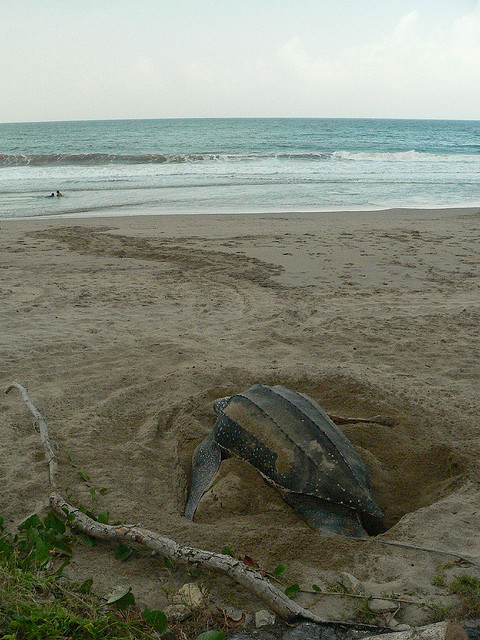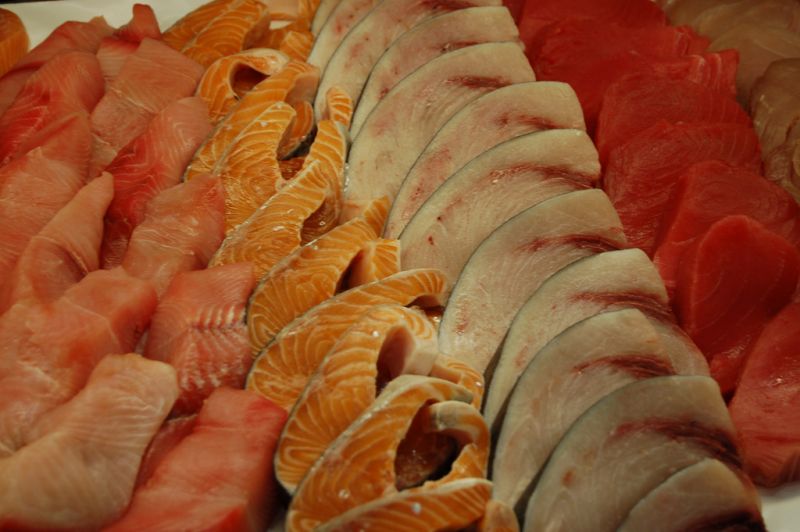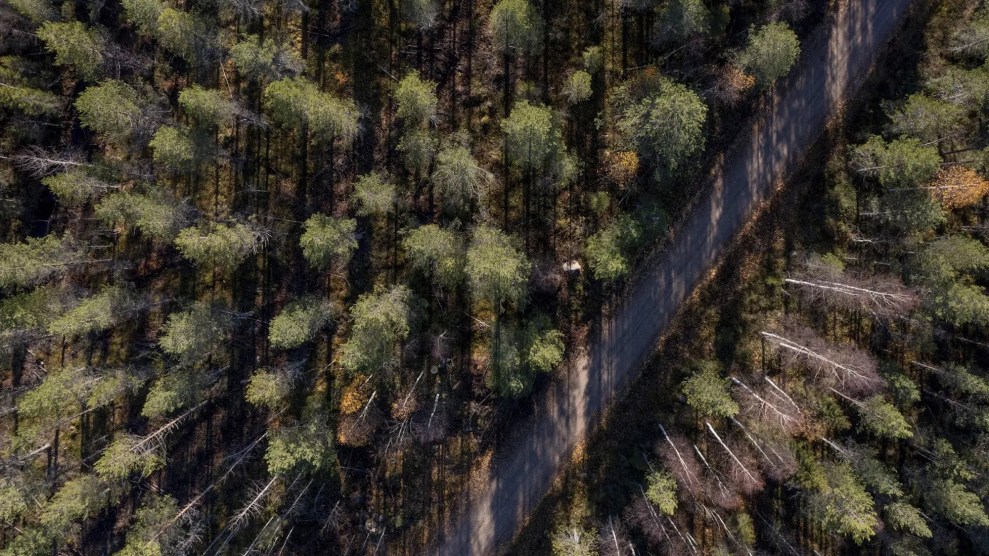
Leatherback turtle on the nest.Credit: <a href="http://www.flickr.com/photos/dae_knight/">Hybrid Vigour / David Knight</a> via <a href="http://www.flickr.com/photos/dae_knight/159145828/in/photostream/">Flickr</a>.
The Florida longline swordfish fishery held onto its coveted received certification by the Marine Stewardship Council (MSC) as a “sustainable” seafood yesterday. CORRECTION: The Florida swordfish fishery is the first US longline fishery to get an MSC certification.
This despite the efforts of SeaTurtles.org* to challenge the designation.
The concern of conservationists is that:
- The Florida swordfish fishery captured ~147 endangered leatherbacks and loggerheads from 2005 to 2009—a capture rate higher than the much larger Gulf of Mexico or Hawaii longline fleets.
- The Florida longline swordfish fishery captures and dumps dead and dying billfish, bluefin tuna, and sharks overboard, an unsustainable practice.
This isn’t the first trouble the Marine Stewardship Council has generated. The self-appointed watchdog group was slapped down last year by a top-shelf collection of scientists for ignoring science in favor of bureaucracy. (I wrote about that here.)
Last August the MSC “sustainable” label was roughed up again when a paper in Current Biology reported that genetical sampling showed nearly 1 of every 5 fillets of Chilean sea bass certified as “sustainably caught” was neither Chilean sea bass, nor from an area deemed to have a sustainable fishery. (I wrote about that here.)
The concern of SeaTurtles.org is that the Florida swordfish certification was based on a piecemeal assessment and ignored the cumulative impacts of the fishery along the US Atlantic Seaboard.
Conservationists are also concerned that next in line for certification is the Canadian longline swordfish fishery, which captures at least 1,200 turtles a year.
Same turtles, travelling the same water highways. So when is the Marine Stewardship Council going to look at the big picture, you know, the sustainable one?
A better safe seafood guide: the Monterey Bay Aquarium’s Seafood Watch.
* In the interest of full disclosure: MoJo publisher Steve Katz is on the board of SeaTurtles.org’s parent organization, Turtle Island Restoration Network.













